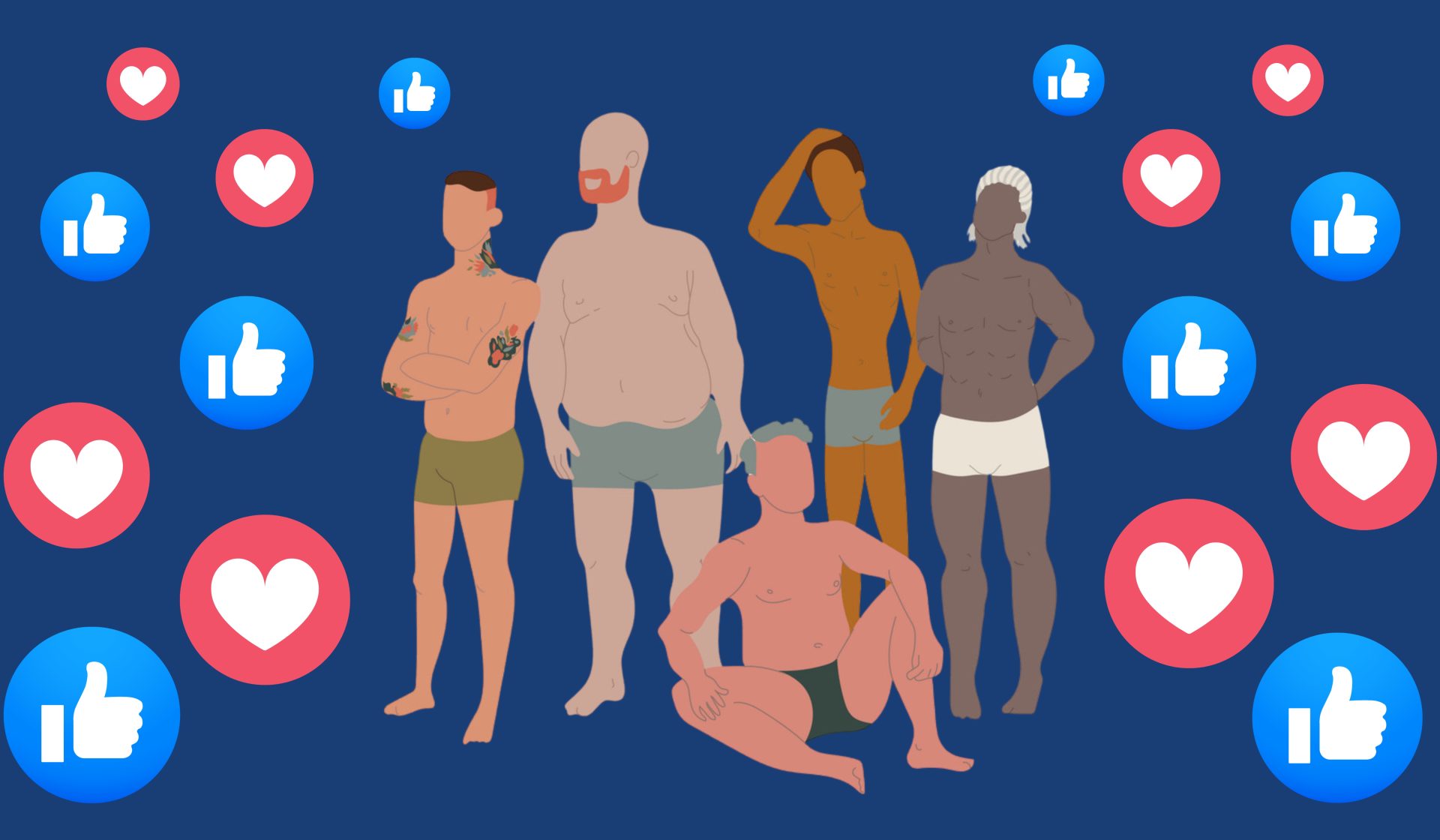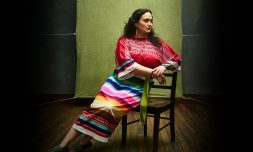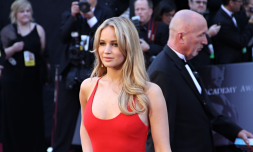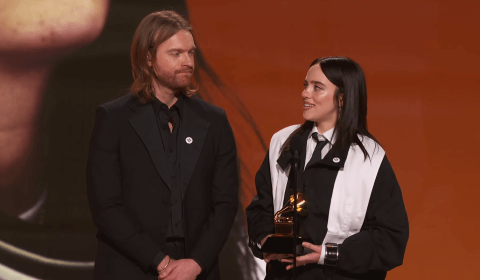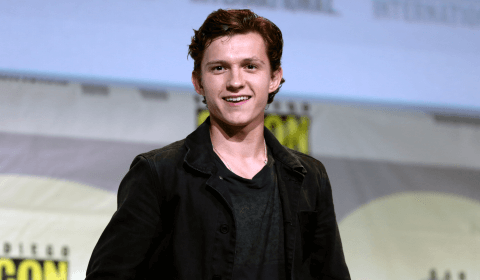It goes without saying that female bodies have for years been – and continue to be – under public scrutiny.
From paparazzi-d celebrities fat shamed for wearing a bikini, to the insidious return of heroin chic, we’re inarguably still living in a fatphobic society which praises ‘thin’ as ‘healthy’ and shames bodies which refuse to be shrunken down to fit a conventional ideal.
And I’m not stupid. I know that for every body-positive content creator there are others creating fat-loss journey videos or ‘what I eat in a day’ videos that contain only salad leaves and an unseasoned chicken breast, focussed more on bodychecking than tasting.
Even for those on the journey to body acceptance, many still post about the numbers on the scale, or talk about food as fuel rather than in a way that allows us to enjoy the ”pleasure of food—of making meals, (and) sharing them with the ones we love.”
Nevertheless, many women have embarked on a journey of healing their relationships with food and with their bodies, documenting the process to inspire others.
The result is an empowered, and empowering, online community of women of all different shapes, sizes, and body types cheering each other on. These inclusive, positive spaces are a long way from the Ana communities that clogged up my explore page when I was younger.
Despite the pervasiveness of this type of body-positive content for women, when I was searching for something similar recently to show a non-binary friend how it’s natural for our bodies to change as we get older, it was significantly more difficult to find.
Although the parameters are beginning to shift, female bodies have been subjected to far more observation and sexualisation than male ones.
Publications have historically been more concerned with what a female celebrity was wearing – even if it bears no relevance to the event or topic being reported on.
We need only look at the accusations politician Angela Raynor received of having pulled a ‘basic instinct’ by crossing her legs in a skirt while in conversation with Boris Johnson to see this demonstrated.
Perhaps this is one reason why the online community of body positivity is so much stronger and more representative of female bodies, the sexualisation of which by men is not only more common than women’s sexualisation of men, but also statistically more likely to result in their sexual assault or femicide.
But I find myself asking once again: Where is the compassion for male or non-binary bodies?
How are people whose bodies aren’t represented as often (even if it is in a sexualised context) supposed to learn (as I’m still learning) that whatever body they have, as long as they’re healthy and able to do what they want to do, then that’s a great body?
Sure, dad bods are now revered, and generally, male-bodies are allowed to age more visibly than female ones in the media.
Studies have suggested that most people don’t actually care about their partner’s weight.
It’s not like there’s no awareness, and certainly content creators like @jakekneesh and @max_hovey are doing a lot of the heavy lifting.
But these limitations on body-positive content still feel for the most part too binary, too boxed in, and nowhere nearly varied enough in the representation of all kinds of bodies.
As a masc/nonbinary person, Tilda told me that they feel like there is a pressure to look a certain way and added that “there’s not loads of body inclusivity” in online spaces.
“I think the standard is often to have a very slim, athletic build. Like I don’t see a lot of plus sized masc creators online…in TV/media it often feels like if there is nonbinary representation they end up being ‘palatable’ (slim, white, androgynous).”
What’s more, when I look at the manosphere, I don’t see a community of support fostered between men, or even the homosocial bonds that building muscle together may warrant.
Rarely, if ever, do I see uplifting infographics or videos of men encouraging each other to wear the swimming costume or to eat the cake.
There seems to be few captions telling people with non-female bodies that rest days are just as important as movement days or that you don’t need to be the most toned version of yourself to be valuable.
Instead, what prevails online is a community of hate amongst straight men. This is directed not only towards those whose attention serves as a metric of their worth, and whose consequent rejection has resulted in a spiral of self-doubt, but also towards themselves.
I see straight men making money off of other straight men’s insecurities, who tell each other that they can prove their masculinity by getting the girl, they’ve just got to get the better body first.
Through brutal training programmes, through looksmaxxing, biohacking, and expensive supplements, men are being sold a plan that makes them believe that as long as they want it enough, are willing to push hard enough, spend enough, sacrifice enough, that they can get the body of their dreams.
Amongst many women, the response to fatphobia has fostered a community of support and nurturing, of women baring their own vulnerabilities to help others.
On one hand, we might see this as an extension of the over-saturation of online spaces with female bodies to “feed the algorithm daddy”, which could also explain why this content is what comes up most for me.
On the other hand, it makes sense that the greater degree of scrutiny would warrant a larger reprisal from those under fire literally for having a body that keeps them alive and protects their organs.
Meanwhile, it seems almost like the tables have turned for non-female bodies, which are not only subject to shame in ways that female bodies have always been, but which are subjected to it with no respite.
Might it be time then, for everyone’s sakes, that we redirect the gaze towards all kinds of bodies? Time that we preach all the peaches and accept that, in the end, your body truly is the least interesting thing about you.









